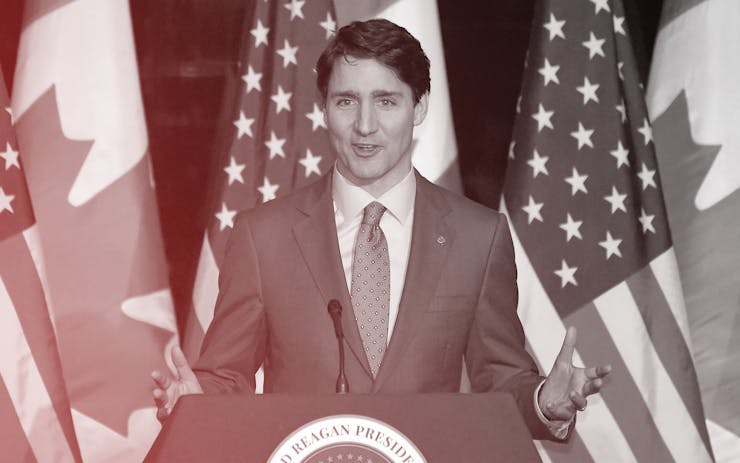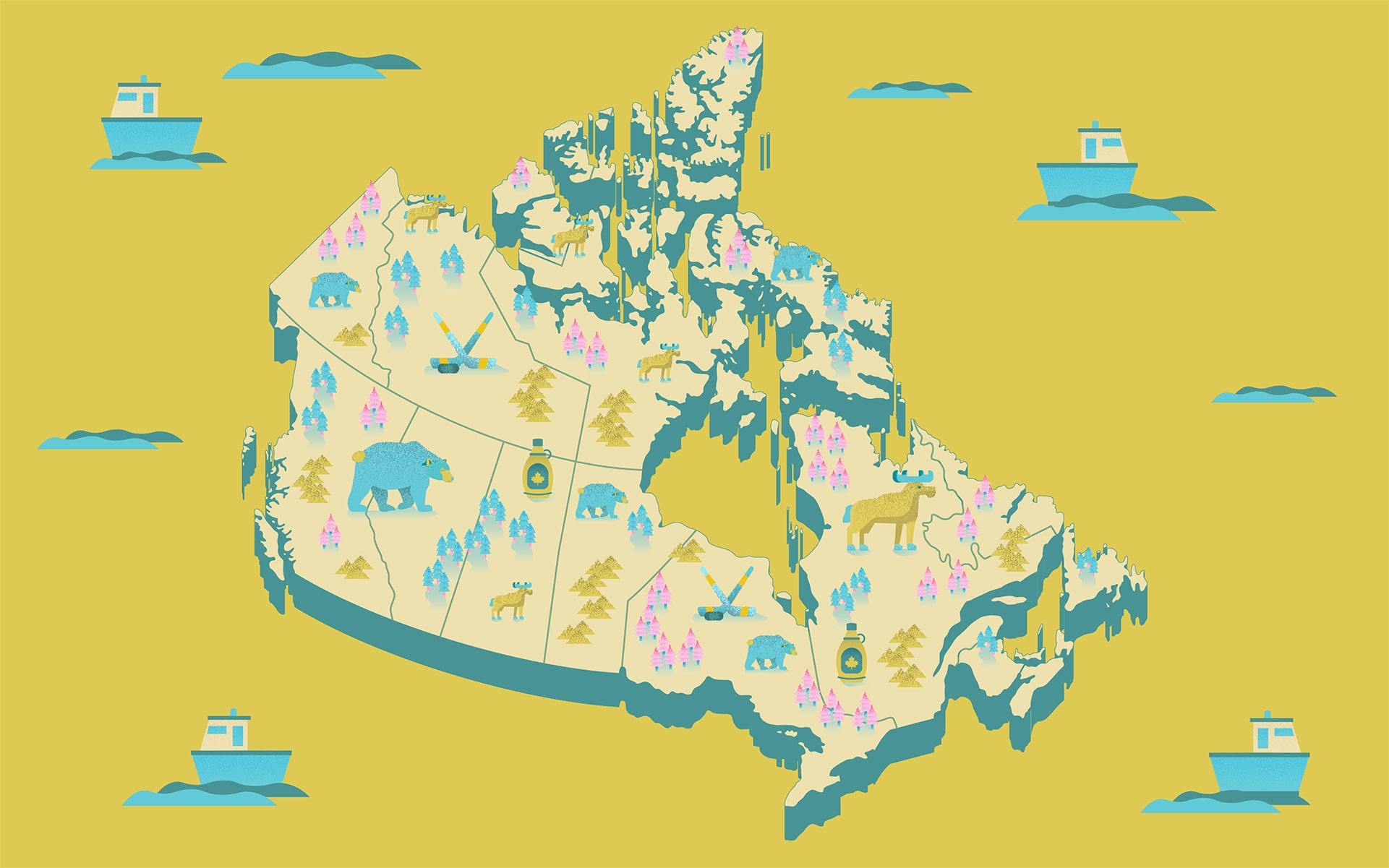Today Prime Minister Justin Trudeau announced that recreational cannabis will be legal in Canada as of October 17.
The Prime Minister expressed hope that Canada's cannabis retail systems will be ready to do business on the date of legalization.
Trudeau made the announcement during question period in the House of Commons, which is expected to rise for the summer break after today. Trudeau said the government delayed the timetable for lifting the almost century-old prohibition on cannabis at the request of larger provinces, including Quebec, which asked for more time to make the transition to a legal regime for regulating the production, distribution and consumption of cannabis. At an afternoon press conference, Trudeau expressed hope that the nation’s cannabis retail systems will be ready to do business on October 17.
On Tuesday, the Senate approved Bill C-45, the bill establishing the new legal regime, after seven months of intensive study and debate.
Senators also dropped their insistence on amendments to the bill, most notably one that would have authorized provincials and territorial governments to prohibit the home cultivation of marijuana plants if they choose.
“C-45 marks a wholesale shift in how our country approaches cannabis.”
On Wednesday, Trudeau and his ministers were basking in the glow of finally delivering on one of the Liberals’ biggest campaign promises in 2015. Justice Minister Jody Wilson-Raybould called the legislation—which still requires royal assent to become law—”transformative.”
“C-45 marks a wholesale shift in how our country approaches cannabis,” she said. “It leaves behind a failed model of prohibition, a model that has made organized crime rich and left our young people vulnerable. In its place we will have a new system that will give adults the opportunity to purchase and consume cannabis legally from authorized suppliers. Most importantly, our shift in policy will protect youth from the health and safety risks of cannabis and keep those same criminals from profiting from its production, distribution and sale.”
Still, Wilson-Raybould stressed that pot remains illegal in Canada until the new law goes into effect in October. “I urge all Canadians to continue to follow the existing law until the Cannabis Act comes into force,” she told a news conference.
Bill C-46, a companion bill that Wilson-Raybould predicts will give Canada the strongest impaired-driving rules in the world, is also expected to be passed in the next day or two by the Senate.
Until then, Wilson-Raybould said: “I would like to also remind the public that driving while impaired by drugs is, and will remain, illegal.”
Questions Over Homegrow and Expungement
It was clear, however, that there are still more questions than answers about what Canada’s nascent legal-pot landscape will look like—how police will test motorists, what to do about those with prior marijuana convictions, and just how the rules governing home cultivation will work.
A motion calling on the government to immediately pardon Canadians convicted of simple cannabis possession did not muster the necessary unanimous consent.
Quebec, Manitoba, and Nunavut have already decided to ban home-grown weed, despite the fact that the new federal law stipulates that individuals may grow up to four plants per dwelling.
Wilson-Raybould said the federal government has no intention of challenging provincial bans on home-grown pot, but she noted that some individuals may well launch legal challenges.
In the Commons, New Democrat MP Don Davies attempted to pass a motion calling on the government to immediately pardon Canadians convicted of simple cannabis possession—something that will no longer be a crime as of Oct. 17. The motion did not muster the necessary unanimous consent.
Trudeau has strongly hinted that pardons are likely, but he has resolutely refused to go down that path before the law is changed.
“We recognize that anyone who is currently purchasing marijuana is participating in illegal activity that is funding criminal organizations and street gangs,” he said in January. “And therefore we do not want to encourage in any way people to engage in that behaviour until the law is changed.”






